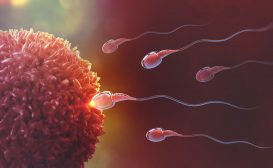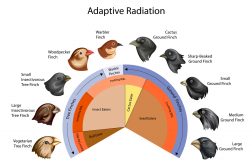Definition
noun, plural: psychrophiles
An organism that thrives in cold temperatures, i.e. ranging from −20 °C to +10 °C
Supplement
A psychrophile is an organism that is capable of living and thriving in temperatures ranging from −20 °C to +10 °C. The term is often used in classifying microorganisms based on their optimal temperature. Bacteria can be grouped into thermophiles, mesophiles, and psychrophiles. Thermophiles are those that prefer temperature as high as 80°C and above. Mesophiles are those that prefer moderate temperatures, i.e. 20 and 45 °C, which are not too hot and not too cold. Psychrophiles are those that prefer colder temperature for growth and activity. The differing temperature requirement for growth and survival is associated with the expression of genetic elements (alleles) resulting in a phenotype (enzyme) suited to a particular range of temperature. This was observed in a recent study on mesophilic and psychrophilic bacteria. Accordingly, modification of genetic elements in mesophilic bacteria resulted in the changing of their temperature range to closely match that of the psychrophilic bacteria.1
Psychrophiles are considered as a type of extremophiles. They are found inhabiting the alpine and arctic soils, deep ocean waters, glaciers, snowfields, etc.
Word origin: psychro- (cold) + -phile (love)
Synonym(s):
- cryophiles
Compare:
See also:
- extremophile
- temperature
Reference(s):
1 Pankowski, J. A., Puckett, S. M., & Nano, F. E. (15 March 2016). “Temperature Sensitivity Conferred by ligA Alleles from Psychrophilic Bacteria upon Substitution in Mesophilic Bacteria and a Yeast Species”. Applied and Environmental Microbiology. 82 (6): 1924–1932.







